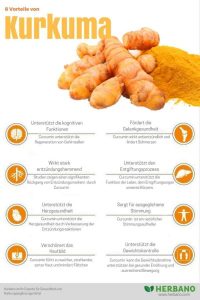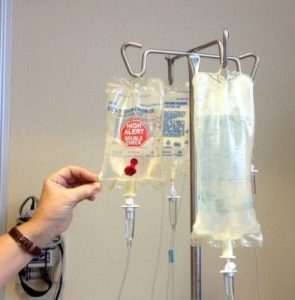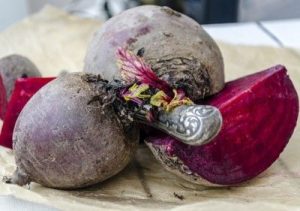OPC from grape seed extract.

OPC from grape seed extract
A relatively high profile among dietary supplements still enjoys the OPC grape seed extract. OPC is an abbreviation and stands for oligomeric procyanidins.
You can think of this compound as a small chain of interconnected antioxidant molecules called catechins. Catechins are found in a number of plants, including green tea.
OPC and the heart
OPC from grape seed extract is consumed mainly for its beneficial effects on the cardiovascular system. It is supposed to have a blood pressure lowering effect, as well as to counteract vascular calcification (arteriosclerosis) by positively changing the cholesterol level.
However, two comprehensive analyses of the clinical studies conducted on this subject paint a different picture [1, 2]. Thus, the overall blood pressure lowering effect achieved is of marginal importance.
This was just between 1 and 2 mmHg less when OPC was taken. Cholesterol levels did not change at all due to OPC.
Nevertheless, it must be emphasized at this point that a significant proportion of the study participants were already healthy and did not have elevated blood pressure, which probably also had a significant effect on the results.
In fact, if only the participants suffering from metabolic diseases or obesity were considered, the reduction in blood pressure was more significant, reaching almost 5 mmHg, which in clinical use can already reduce the risk of mortality [2].
Antioxidant OPC effect
OPC is often advertised as the most powerful antioxidant of all. Although oligomeric procyanidins do have powerful antioxidant properties beyond those of vitamin C and vitamin E, more potent substances exist in nature and in the dietary supplement field.
In diabetic patients, who often suffer from increased oxidative stress caused by free radicals, OPC improves the antioxidant defense potential for several hours after ingestion [3].
Increased oxidation of cholesterol particles is sometimes a significant factor in the development of arterial calcification. Therefore, there has also been a lot of interest in OPC and its effects on the cardiovascular system.
OPC seems not only to have a direct antioxidant effect, but also to activate the body’s own defense mechanisms. Thus, a daily dose of 600 mg OPC from grape seed extract increased the concentration of the antioxidant glutathione in subjects of a clinical study after several weeks of intake [4].
Overall, the effect of antioxidants should not be overestimated. On the other hand, these substances occur naturally in a healthy diet and are probably contributory factors to health.
Thus, OPC is not really a particularly exotic compound, but rather a natural and perhaps semi-essential substance.
Grape seed extract in diabetes and metabolic diseases
Oligomeric procyanidins from grape seed extract interact with the blood glucose regulatory system in a variety of ways. It is known from laboratory experiments that the administration of OPC to diabetic mice improved the uptake of blood sugar into the muscle tissue.
A reduction in blood glucose was also observed in patients with diabetes when they consumed OPC before meals [5].
One explanation for this positive OPC effect on insulin sensitivity is the activation of the so-called AMP-dependent kinase, a protein that regulates metabolism and improves the effectiveness of insulin.
In this way, grape seed extract leads to increased formation of the glucose transporter on the surface of muscle and liver cells, resulting in increased sugar uptake and blood glucose lowering [6].
OPC is certainly not a substitute for drugs, but it is worth considering as a supplement to them.
Does OPC actually prevent cancer?
OPC is often presented in brochures and advertisements as an effective means of cancer prevention or even control. But it is important to see on what foundation these statements are actually based.
These are usually experiments in animal models or on cancer cells in culture dishes. In particular the latter variant is not meaningful for an effect in humans.
In animal models, OPC administration improved survival and reduced metastasis of otherwise highly metastatic breast cancer cells [7].
OPC showed a strong effect in animal models by reducing the development of UV light induced skin cancer by 30% and even when skin cancer did develop, it reduced the number of tumors by 2/3 [8].
In human observational studies, the main association identified so far has been between OPC intake and a lower incidence of colorectal cancer and high-grade prostate cancer.
Especially in the intestine this can be rather true, because OPC itself is degraded quite strongly in the intestine and after the passage into the bloodstream. In the intestine, on the other hand, the active ingredient can exert its effect more strongly.
Conclusion
If we consider OPC from grape seed extract for what it is, namely a dietary supplement that provides the body with natural substances that can have a positive effect on health, it is quite interesting to take OPC from time to time.
However, if you expect a miracle cure, as is so often touted, you may be disappointed.




